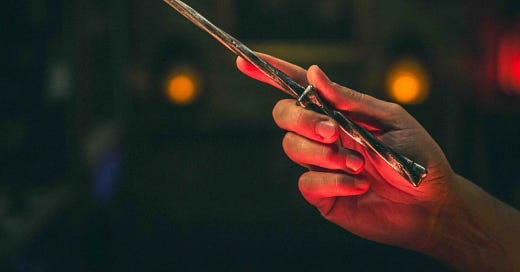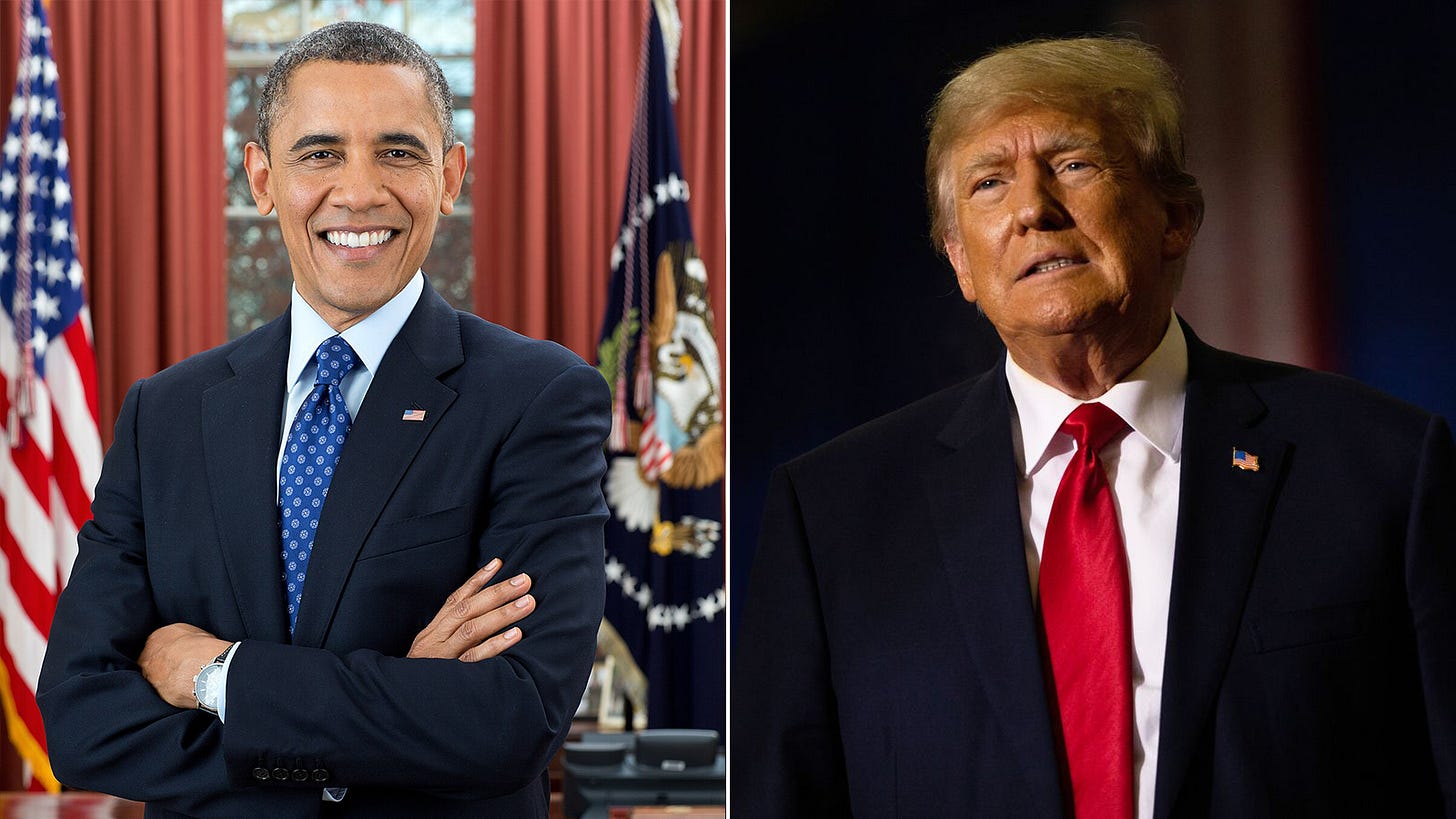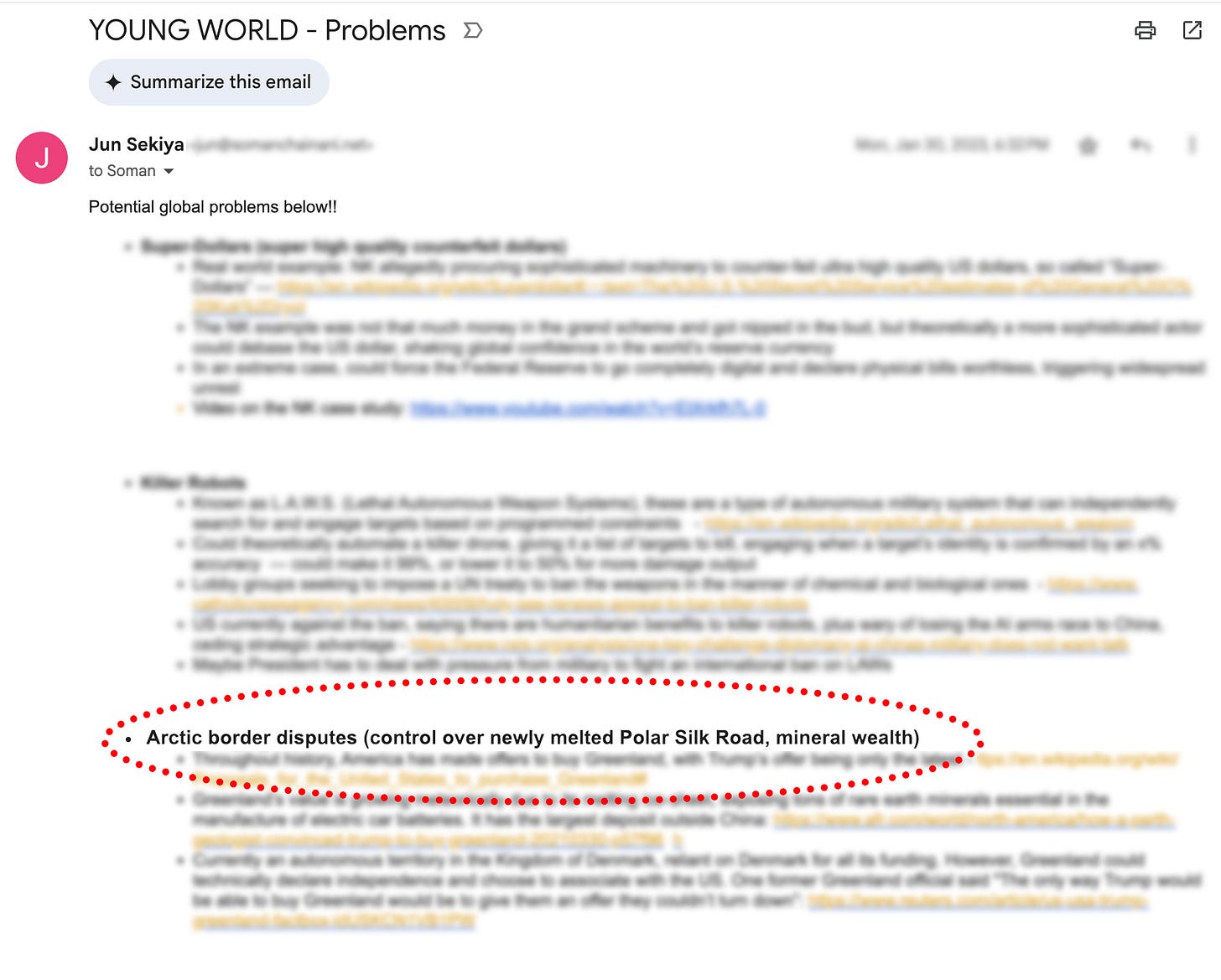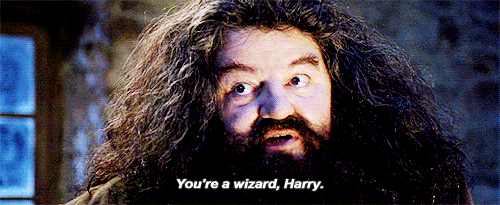During the first Trump administration, I made a mistake.
I was writing the fifth book of THE SCHOOL FOR GOOD AND EVIL, called A Crystal of Time, and was having a hard time dipping into my fantasy world, because out in the real one, Trump was posting tweet after tweet and plunging things into chaos. It didn’t matter if you were a liberal, conservative, or independent. Everyone was exasperated by Trump’s posts and wanted him to stay off Twitter.
Which led to a brief scene in my own book, where the kingdom of Camelot is tormented by a flock of birds spreading rumors and aspersions during a crowning ceremony, leading to its implosion. In other words: Twitter, fairy-tale style.

It’s a short scene, maybe half a page in a book that’s more than 700 pages. Hardly noticeable. But it still bothers me to this day. Because it shouldn’t be in there.
It was motivated by reaction, not inspiration.
And the two things are very different, indeed.
* * * * *
Every morning, I sit still on my bed for at least 20 minutes. Sometimes 40. During times of stress, 60.
It looks like meditation, but it really isn’t. Instead, I’m finding that invisible wall between outer world and inner one. Between inspiration and reaction.
Most of what I notice consciously gets thrown out. That’s my brain trying to control my surroundings, to forge thoughts and conclusions — which is great in the real world and usually bad for writing. Instead, little by little, as empty silence stubbornly persists, I find myself accepting that I’m going to sit there as long as necessary until I relinquish control… and instead what rises is a new kind of attention. Involuntary, almost magical. Where I discover what my body is paying attention to, instead of my mind. The dust filtering in the sunlight. The triple layer of sounds around the apartment. The way I’m tensing my toes or my hips.
What I realize each day — and promptly forget until I remember it the next one — is that my mind isn’t the guide. It’s the distraction. And if I’m going to find the real thing to write about, to pay attention to, to spread into this world in words and on the page, it’s most likely something I’m not thinking about at all.
In a lot of ways, that’s what this diary has been about. Each week, I sit down with a topic I want to explore — my mind’s missive — and each week, that topic is thrown out the window the moment I start. This diary has become my own personal troll, reminding me I’m not in control of the authorial process, at least not until my conscious mind and unconscious heart find a way to reconcile.
YOUNG WORLD proved this again and again.
I’ll tell you one funny story that still leaves me in awe.
When I started YOUNG WORLD, I was terrified because not only was it my first non-fantasy book and set in the real world, but it also meant predicting where that world would be going. This was a murder mystery / sexy political thriller about teenagers leading world governments. Meaning there was no hiding behind invented countries, i.e. Genovia in the Princess Diaries. Either I was doing this book for real or I wasn’t. And I was starting the book at the end of 2022. By the time it would come out, it would be early 2026 (!!!!) In a fantasy world, four years means nothing. In the real one, it’s the difference between Obama and Trump.
So what would the world be warring over in four years?
More than that. I needed something timeless.
An earthly contention that would still be relevant 10, 20, 100 years from now.
Good luck with that! I thought.
I’d just moved to St. Louis in the middle of winter and didn’t know a soul and had no idea how to even start this ludicrously ambitious book, so I did what any overeducated nerd does — which is go to the local university and take a class.
Introduction to International Affairs, it was called, a graduate level course at Washington University, a couple miles from my apartment, and each Thursday, I’d sit there for 3 hours, listening to the professor roll through obscure acronyms and histories, not sure why I was there or what I was looking for. It was all pretty boring and esoteric, to be honest, but something in my body told me to keep going.
At the same time this was happening, I asked my colleague Jun to put together lists of potential crisis points in global affairs, which he churned out week after week — all of which I could feel myself glazing past the same way I did with the classes.
It was a lot like those morning sessions on my bed. Where I’d catch a shiny object with my mind, but then let it go, knowing it wasn’t the thing. Whatever I thought I was looking for wasn’t what I was actually looking for. The answer lay outside my conscious mind. In the dark ethers of the unknown. Meaning I’d only know what that answer was after I found it.
And then, one day, I did.
Week 6 of the class. The professor mentioned it for the slightest of moments — “Imagine what will happen when the ice in the Arctic all melts,” she says. “Who will own those waters?”
It was the one and only thing I wrote down in my class notebook.
A sparkly little gem that attracted me for no particular reason.
Two days later, Jun sent me a new list of potential crisis points.
Lo and behold, the Arctic was halfway down the list.
Again, it sparkled.
I stopped having him make lists. I never went back to that college class again.
Instead, I started writing the book.
At the crux: an Arctic island with the key to our global future.
Two years later, almost to the day, Trump declared his intent to colonize Greenland.
* * * * *
Years after I started the book, while talking to movie folks about the rights for YOUNG WORLD, a screenwriter noted he’d worked in the White House and was intrigued that I’d picked the Arctic. Because from what he’d heard, it was true that the Arctic was the imminent frontier.
So how the hell did I pick it?
I have no clue.
It certainly wasn’t conscious. I knew nothing about the Arctic. And hadn’t even done the slightest bit of research when I chose it. Instead, I’d waited like a fisherman in a calm, empty sea, until something tugged on the line – and trusted that whatever I’d caught was the thing.
Even stranger, I remember a moment two years ago where Jun wondered if Greenland should be the Arctic island, because how outlandish and insane would it be in a novel if we started World War 3 over Greenland!

I did an internal audit… and shook my head.
“Mmm, I think we need to go further,” I’d said. “A whole lot further.”
There are many things like this in YOUNG WORLD — stories and characters and twists I settled on years ago that are starting to pop up now. None of which I take credit for. Instead, I’m starting to understand the power of our unconscious processes to see what’s actually happening under the surface of things, rather than what we think is happening.
“You’re a wizard, Harry!” Hagrid exclaims in Harry Potter, a line all of us secretly wished had our name instead. But maybe that line endures because we are wizards already, every one of us, every moment of the day, and we just stand in the way of our magical intuitions. Intuition that we only get fleeting glimpses of when we trust our bodies and let go, whether that’s in writing or thumping a tennis ball or improvising a cake or playing the piano.
This may sound woo-woo, like a lot of things in my diaries, but if you have any trust in your unconscious process, you might understand what I’m saying. That the life we lead moment to moment isn’t the actual life our soul is living, and that life might be far more powerful, magnetic, and attuned than we possibly know. And if we just give it a little silence and trust each day… it might lead us to the most extraordinary places.
More than anything, this diary is a reminder to myself too.
I finished YOUNG WORLD and am onto a new book and new world.
In these very early stirrings, inspiration is the grail as I forge this realm. Once again, I don’t know what I’m looking for. Instead, I just sit at the shores of silence and cast out my line into the open sea…
* * * * *
Your turn.
Ever followed your unconscious to something unexpected?
Until next week…









You are an amazing writer! This is a powerful and thoughtful article. I hope to see more just like it.
I feel like readers can absolutely tell when something was written from reaction versus inspiration. I've noticed a lot of reaction in recent books I've read, and honestly, I understand. I really do. But I think these kind of timeless, long-lasting books can only come from the inspiration place.